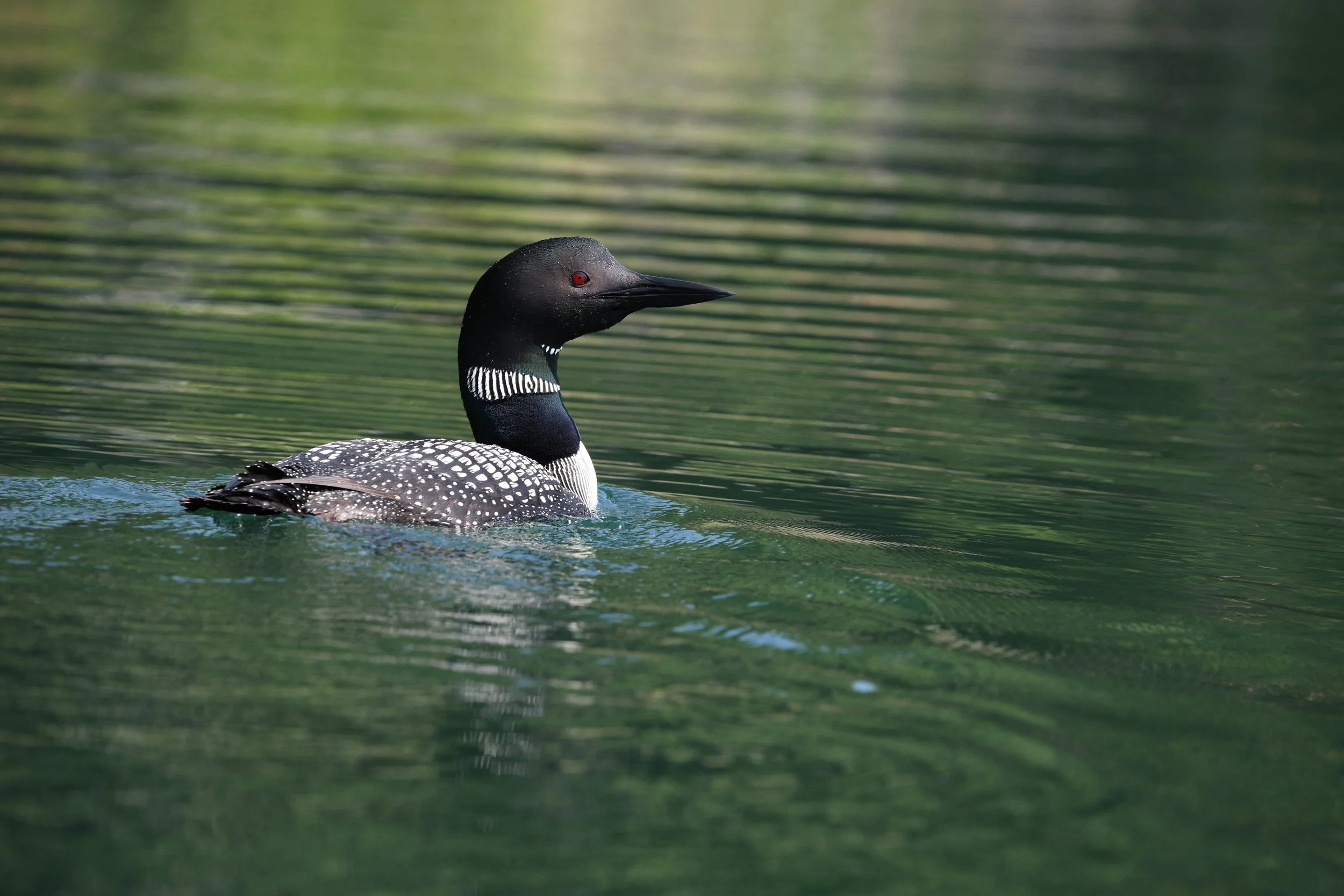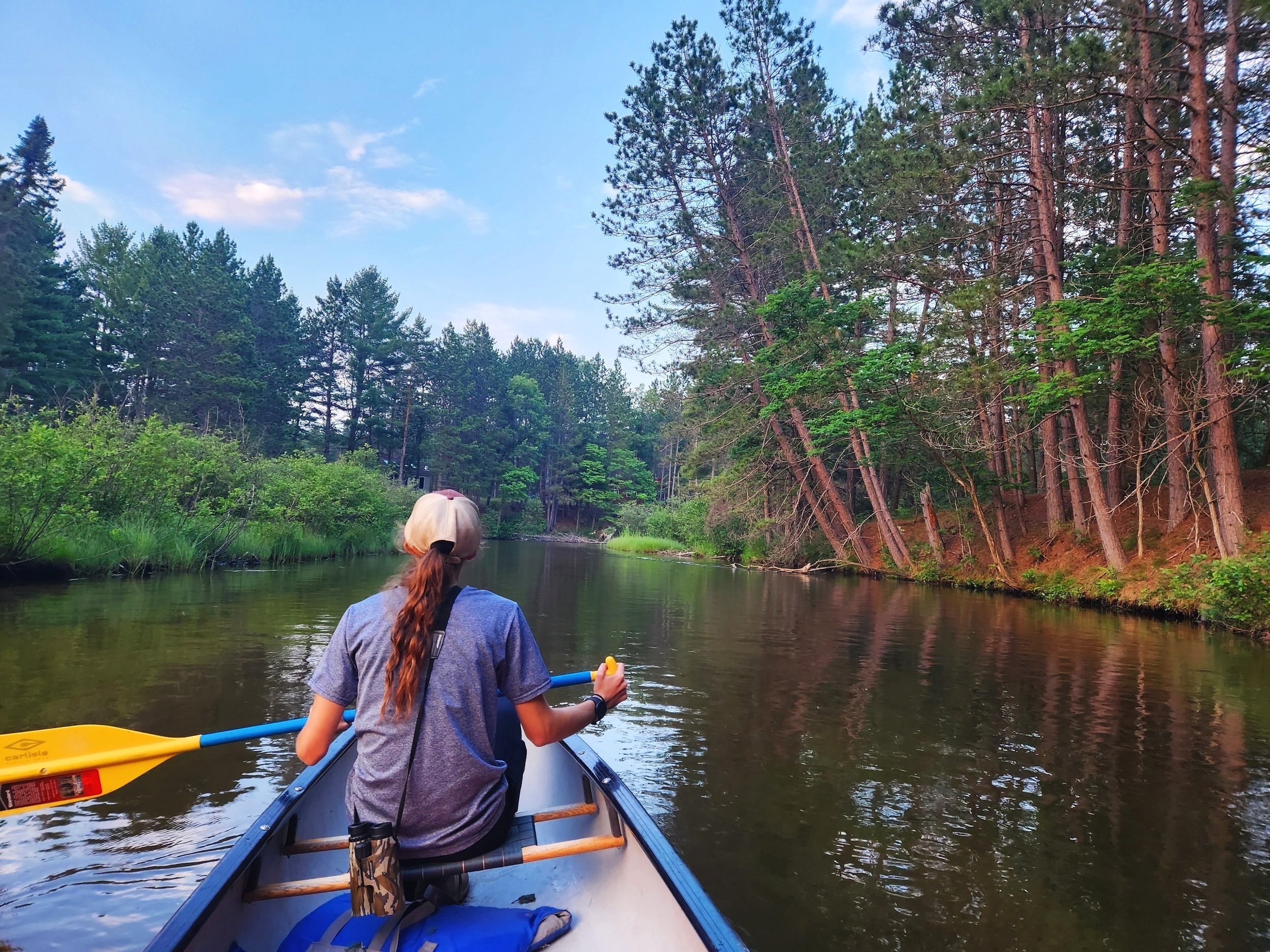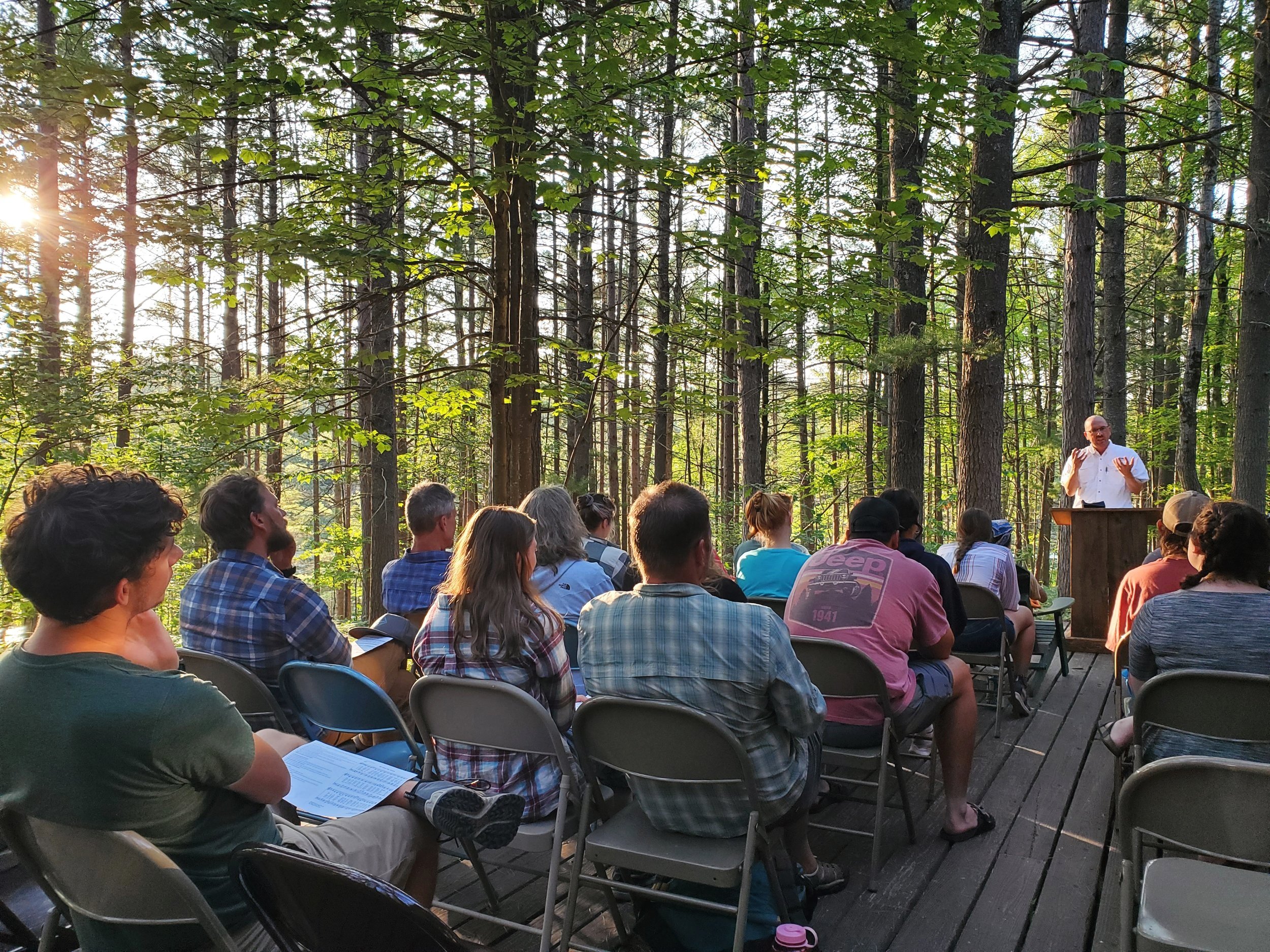vision
A global community equipped with environmental knowledge, skills, and ethics to faithfully and fearlessly pursue the Christian vision of a flourishing earth, including all things that God has created, cares for, and one day will restore.
Mission
Au Sable Institute inspires and educates people to serve, protect, and restore God's earth.
Values
In pursuit of our mission, Au Sable values:
Field-based science education
Through environmental education serving students in its surrounding communities, Au Sable serves its neighbors by providing them with knowledge and skills needed to care for the earth around them. Au Sable provides advanced knowledge and technical skills to equip students for lifelong service in protecting and restoring the natural world. Such knowledge and skills are then directed through volunteer outreach to our local area.
Research about the natural world
Through its dedication to provide field-based courses and primary research experiences to undergraduate college students, Au Sable pursues new knowledge of how nature works, and how to investigate those workings in ways that lead to accurate understanding and authentic discovery.
The truth and wisdom of Scripture as a guide to our relationship with the earth
Through its commitment to Scripture as the word of God, Au Sable values the effort of original direct study of the Bible, theology, and Christian tradition to discover principles to guide environmental attitudes and behaviors, and infuse such principles into its courses, research and outreach.
Building community for mutual support and common purpose in restoring God's earth
Through its affirmation of the role of community in advancing God's care for the earth, Au Sable seeks to enable people to form bonds of mutual support with one another informed by biblical wisdom in conservation practice. To that end, Au Sable works to foster a community of common purpose and shared achievement among its alumni and supporters. We will humbly act in ways that reflect our commitment to justice, equity, and inclusion in order to meaningfully engage diverse students and communities, including those traditionally and currently underrepresented and marginalized, who are all created in God’s image.




